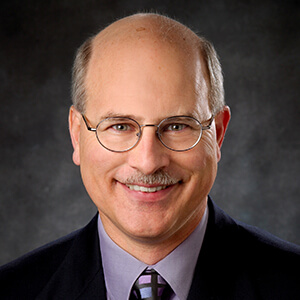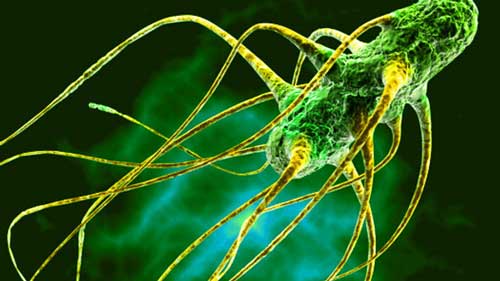Speaker Profile
Biography
Dr. Tenover has had a long-standing interest in mechanisms of antimicrobial resistance and development of rapid diagnostic methods for infectious diseases. After completing his Ph.D. at the University of Rochester and Post-Doctoral studies at the University of Washington, he served as Associate Chief of Microbiology at the Seattle Veterans Affairs Medical Center and Associate Professor of Laboratory Medicine at the University of Washington from 1982-1990. In 1990, he joined the Centers for Disease Control and Prevention in Atlanta for 18 years as Associate Director for Laboratory Science in the Division of Healthcare Quality Promotion and then as Director of the Office of Antimicrobial Resistance. He joined Cepheid in 2008. He is a Diplomate of the American Board of Medical Microbiology and a Fellow of both the American Academy of Microbiology and the Infectious Disease Society of America. He has authored over 350 peer-reviewed publications and edited 10 books.
Talk
Molecular Diagnostics: Patient Care and Clinical Trials
Nucleic acid amplification methods can provide data on the presence of bacteria, fungi, viruses, parasites, and antimicrobial resistance genes directly from clinical specimens, often in less than 1 hour. These data not only improve patient management but can facilitate more efficient enrollment of patients into clinical trials of new anti-infective medicines.
Session Abstract – PMWC 2017 Silicon Valley
Session Synopsis: Immunotherapy for infectious diseases was invented in the 19th century but fell out of favor when antibiotics were discovered and developed in the middle of the 20th century. In fact, to date there is only one single monoclonal antibody in clinical use for an infectious disease. However, several are now in development. Coupled with rapid diagnostics these pathogen-specific agents may well serve to bring us back to the future.





